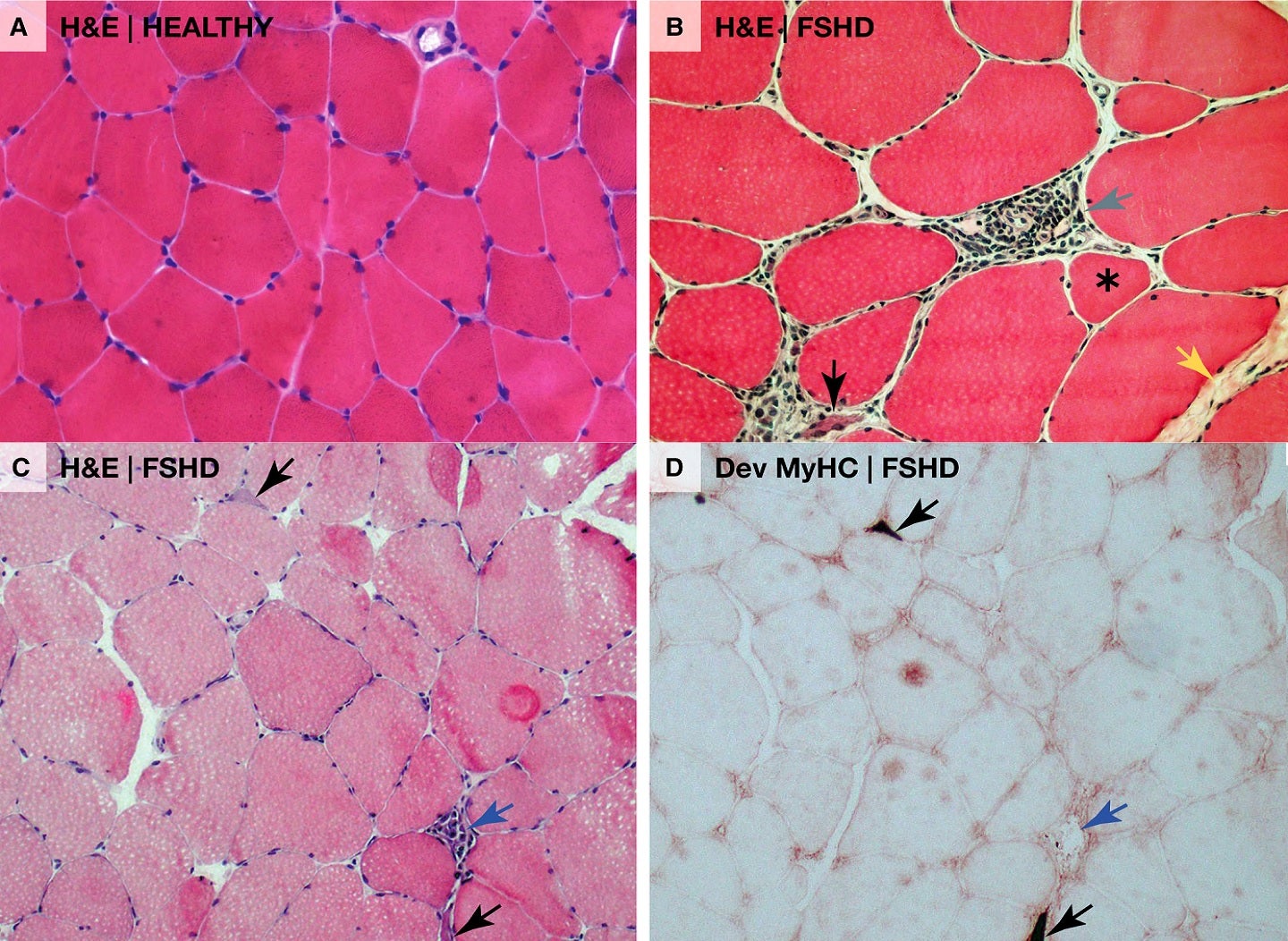Astellas Pharma signs licence deal with Kate Therapeutics for KT430
KT430 delivers a functional copy of the MTM1 gene through a new MyoAAV capsid to treat X-linked myotubular myopathy.


Astellas Pharma (Astellas) has entered an exclusive licence deal with Kate Therapeutics (KateTx) to develop and commercialise KT430.
KateTx will receive an undisclosed upfront payment from Astellas for an exclusive global licence to develop, manufacture and commercialise KT430.
KateTx will also receive additional payments linked to development, regulatory and commercial milestones, and royalties on the global sales of the product.
KT430 is a preclinical, next-generation investigational gene therapy designed for the treatment of X-linked myotubular myopathy (XLMTM), a rare and life-threatening neuromuscular disease.
It delivers a functional copy of the MTM1 gene through a new MyoAAV capsid to treat XLMTM.
Astellas Pharma chief strategy officer Adam Pearson stated: “This agreement brings together Astellas and KateTx’s collective patient-focused missions, allowing us to evaluate how to advance this new potential therapy for people diagnosed with XLMTM.
“The combination of Kate’s unique scientific approach and Astellas’ depth of experience in developing gene therapies for XLMTM provides a solid foundation for the advancement of KT430 as it progresses towards the clinic.
“The addition of this new potential gene therapy treatment for XLMTM along with our current AT132 programme further enhances our commitment to this patient community and dedication to delivering transformative medicines.”
KateTx has also raised $51m in a Series A financing round to develop advanced genetic medicines for the treatment of muscle and heart diseases.
Co-led by Versant Ventures and Westlake Village BioPartners, the financing round has seen participation from UF Innovate | Ventures and Osage University Partners.
KateTx will use the proceeds from the financing and licence deal to advance its portfolio of muscle and heart disease programmes, including facioscapulohumeral muscular dystrophy and myotonic dystrophy type 1.
Cell & Gene Therapy coverage on Pharmaceutical Technology is supported by Cytiva.
Editorial content is independently produced and follows the highest standards of journalistic integrity. Topic sponsors are not involved in the creation of editorial content.
What's Your Reaction?
































